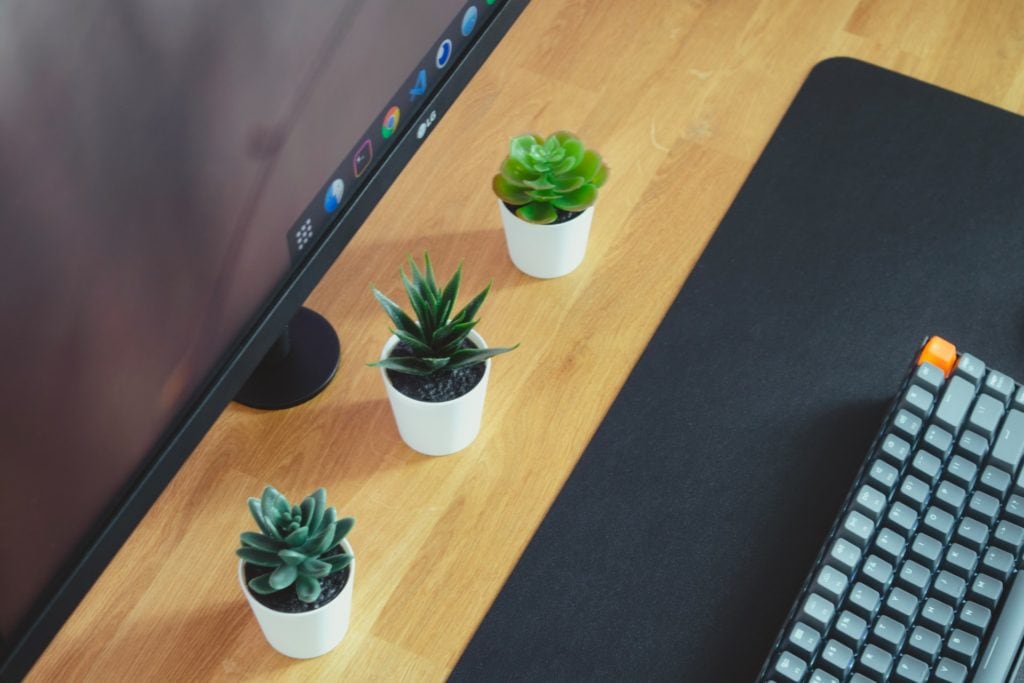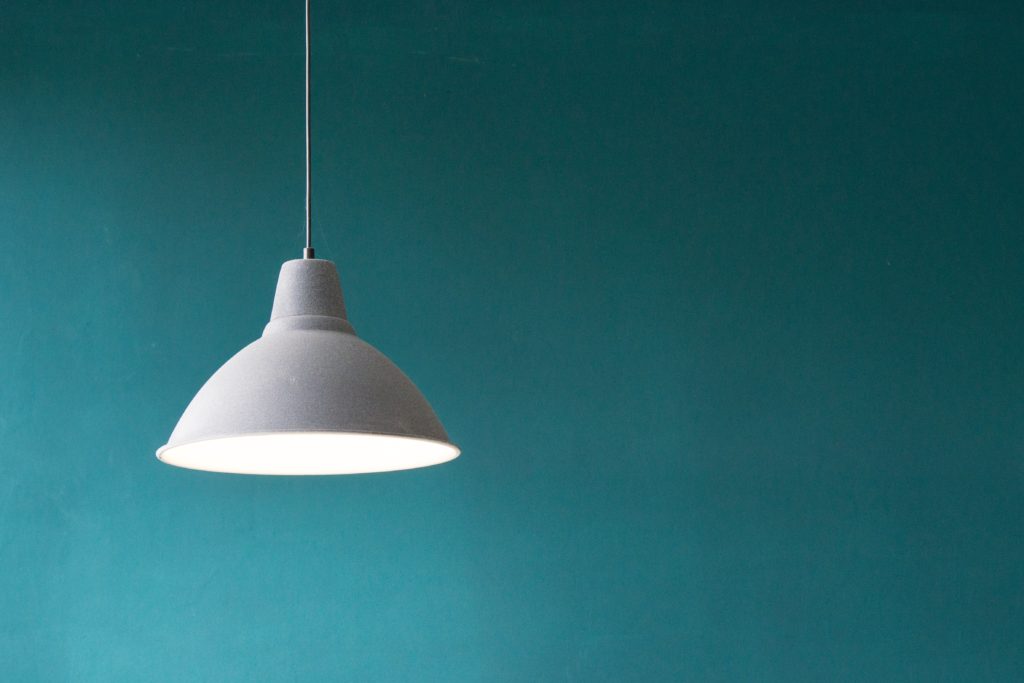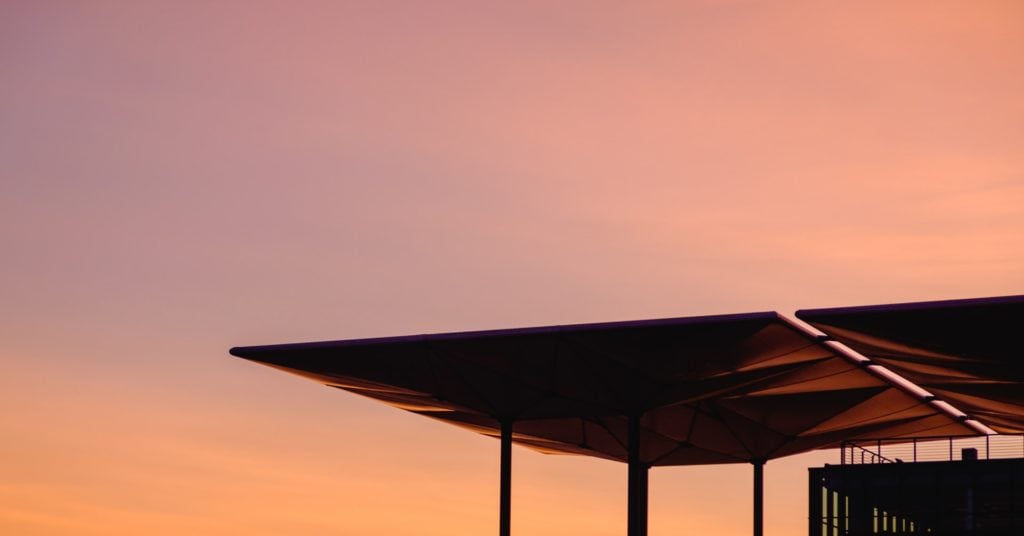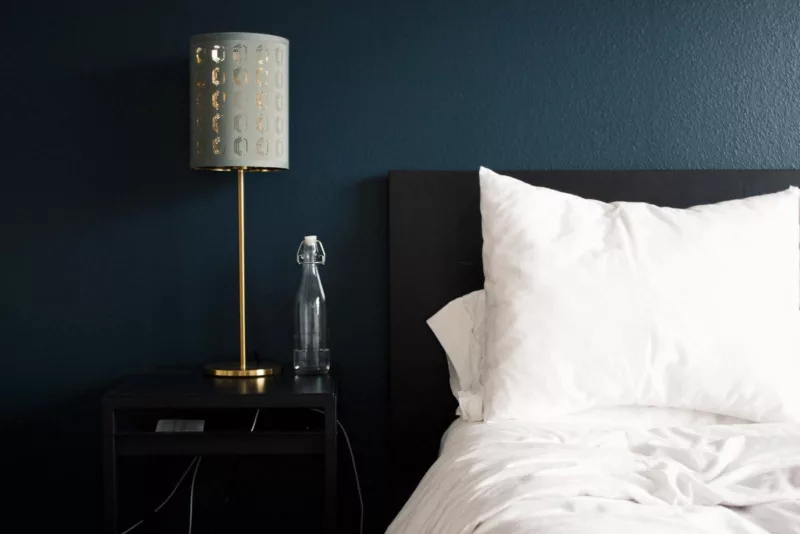Minimalism is a lifestyle choice to live with less. It’s not just about having a clean and organized space, but also decluttering your life of unnecessary things (material and emotional), to create more peace and happiness. People who choose to live a minimalist lifestyle generally have a strong sense of awareness and are very intentional with their actions and words.
Table of Contents
What is a minimalist?
When it comes to what a minimalist is, there are no solid rules. It’s a lifestyle choice that can be interpreted differently by everyone. However, in general, minimalism is all about decluttering your life of unnecessary things (material) and emotional (to create more peace and happiness).
If you’re interested in decluttering your life and becoming a minimalist, what you need to do is what’s called a minimalist challenge. For the next 30 days, try out minimalism by only bringing in 15 things per day into your home. You can also start decluttering your life by selling or donating what you no longer use. It’s also beneficial to become more mindful of what you buy and what you say.

Pay attention to what you do every day and what has a positive or negative effect on your life. You can also buy what you need, but don’t buy what you don’t need. Also, consider the resources involved in creating what you want to purchase-where was it made? How long did it take to make? Who made it?
One of the things you can declutter in your life is what people think and say about what you do. People may not understand what being a minimalist means, so be prepared to explain it every time someone asks. With minimalism, what’s important is what you have-not what other people think or say about what you own.
What are the benefits of being a minimalist?
Minimalism is all about decluttering your life of unnecessary things (material) and emotional (to create more peace and happiness). There are many benefits to living a minimalist lifestyle. For starters, you’ll have more space both physically and mentally. You’ll also have less stress since you won’t be bogged down by all the things you own. Additionally, minimalism can boost your creativity and help you become more productive. Finally, living minimally can be more sustainable both environmentally and financially.
What is decluttering and why should you do it?
Decluttering is the process of removing unnecessary things from your life. It can be anything from getting rid of clothes you never wear to clearing out your email inbox. Why should you declutter? There are many benefits to doing so. For starters, decluttering can free up space both physically and mentally. You’ll feel less overwhelmed by all the things you own and be able to focus on what’s important. Additionally, decluttering can boost your creativity and help you become more productive. Finally, decluttering can be more sustainable both environmentally and financially.

So, what are you waiting for? Start decluttering today!
What are some examples of minimalism in various aspects of life?
Some examples of minimalism in various aspects of life are:
1. Clothing: wearing clothes that are simple and versatile, rather than lots of different pieces that don’t go well together. This also includes limiting the number of accessories you wear.
2. Food: eating simple, healthy foods that are easy to prepare. This means not buying processed foods or eating out a lot. Cooking at home should be prioritized and eating out or ordering in should be a special occasion.
3. Travel: traveling light, only taking what you need with no excess baggage, both literally and metaphorically. This also means not buying souvenirs from every place you visit or being preoccupied with recording your experiences through photographs. Take what you need and what will be useful for future travels, what’s important are the memories.
4. Relationships: instead of focusing on what everyone else is doing or the idea that there is a “soul mate” out there somewhere, focus on what makes YOU happy. It’s also about being honest with people in your life so they don’t feel that they have to walk on eggshells around you.
5. Home: what you need is much more important than what you want in a home. Your entire focus should be what makes you happy and functional, not trendy or luxurious. This can also apply to other aspects of life as well, but it’s about being smart and making good decisions. Buying what you need and what makes sense is more important than what looks nice at first glance.
6. In the workplace: this gets a little tricky but it’s similar to what we just talked about. Sometimes, what your employer wants from you doesn’t align with what you want from yourself or what will make you happy in the long run. You have to separate what you need in your career-job stability, compensation, etc.-and what makes sense for YOU.

Minimalism is also about being more aware of what’s happening around you and what is important. You are not just living for yourself but everyone else as well, so it’s important to be considerate of what will make them happy. It’s about what goes on in your mind more than what goes into your home or what you wear every day. If you are happier, everyone around you is happier as well!
There are many ways to implement minimalism into your own life, but it starts with being intentional about what you want and what you need. Once you have a clear idea of what that is, it becomes easier to get rid of the things that don’t serve you anymore.
How can you implement minimalism into your own life today?
1. Start small: don’t try to change everything at once or overwhelm yourself. Just start with one area of your life and go from there.
2. Be patient: change doesn’t happen overnight, so be patient with yourself and allow the process to unfold naturally.
3. Give yourself time: as with anything else, there will be slip-ups along the way. That’s ok! Just recommit to minimalism and what it means to you, what works for you, etc.
4. Accept who you are now: sometimes people focus on what they don’t have or what they haven’t accomplished. Instead of focusing on what you don’t have, be grateful for what you do have and what has happened in your life so far. It’s very easy to forget what’s already been accomplished when you are trying to improve yourself.
5. Minimalism is a process: it isn’t just what you have but what you do with what you have. Being a minimalist means being intentional about your life and knowing what YOU want out of everything in the present moment. People often forget that minimalism is what you do more than what you own.
6. It’s not about what you do or what you have, it’s how it makes YOU feel: living a minimalist lifestyle is all about your mindset and how what you do on a daily basis helps achieve what YOU want out of life.

7. No judgments: minimalism has nothing to do with what other people do or own. It’s an individual process that everyone goes through themselves.
8. Decluttering is just the beginning: what you choose to keep in life, what you bring into your home, etc., once it’s decluttered should be what makes you happy, what helps you live a more peaceful life.
9. It’s not about what other people think: this should be the biggest lesson that minimalism teaches everyone who takes it seriously. The best thing about what we own or what we do is what WE think of it, not what other people think of it. When we shift our focus to what we value as opposed to what society or what other people value, it becomes easier to find what makes you happy.
10. Minimalism is what YOU want: minimalism means different things to different people and that’s ok! If it doesn’t work for you anymore, then stop doing what you are doing.
Conclusion
We hope this guide teaches you to live with less. It’s not just about having a clean and organized space, but also decluttering your life of unnecessary things-material and emotional-to create more peace and happiness. The reasons for living the minimalist way vary: some people want to reduce stress in their lives by eliminating what they don’t need; others try it as an experiment or because all the talk about minimalism on social media piqued their curiosity; still others find that when they get rid of what doesn’t add value to their lives, new opportunities arise. Whatever the reason, there are many benefits from choosing this.


